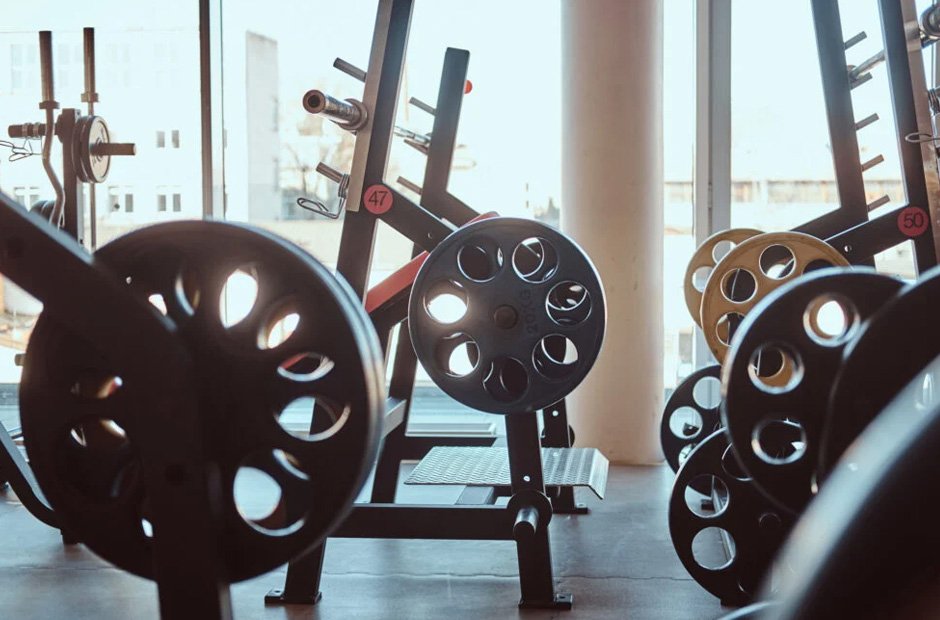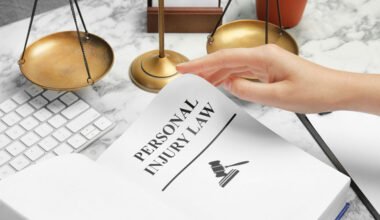As you lace up your sneakers and prepare for another invigorating session at your local gym, the thought of potential injury might be the furthest thing from your mind. However, accidents can and do occur, leaving many Floridians questioning their legal recourse, particularly after signing liability waivers designed to protect fitness centers. Tampa injury lawyers help clients navigate waivers and determine if negligence played a role, even in cases where signed agreements are present.
Understanding Gym Injuries in Florida: Common Causes and Risks
Common Causes of Gym Injuries
Gym injuries are often the result of a combination of factors, ranging from human error to equipment failure. One prevalent cause is the incorrect use of gym equipment. Newcomers to fitness centers may not fully understand how to operate complex machines properly, which can lead to accidents such as strains, sprains, or even more severe injuries. Furthermore, improper technique during exercises such as weightlifting can result in muscle tears and joint damage.
Risk Factors to Consider
Certain populations are more susceptible to gym-related injuries due to inherent risk factors. Individuals with pre-existing conditions, such as cardiovascular issues or joint disorders, may find their ailments exacerbated by intense physical exertion. Additionally, those new to physical fitness, who may not yet understand their limits, are at a heightened risk. It is also crucial to consider the role of fatigue; pushing one’s body beyond its capabilities can result in accidents and injuries.
The Role of Waivers in Fitness Center Liability
Understanding Waivers in Fitness Centers
Waivers are a common practice in fitness centers, serving as preemptive legal shields for gym owners. When you sign a waiver, you typically acknowledge the inherent risks associated with physical exercise and agree not to hold the facility liable for specific injuries. This legal document is designed to protect gyms from lawsuits that arise from accidents or injuries sustained on their premises. However, the scope and enforceability of these waivers can be more nuanced than they first appear.
Limitations and Exceptions
Although waivers often appear comprehensive, they have notable limitations. In Florida, for instance, a waiver cannot absolve a fitness center from liability due to gross negligence or willful misconduct. If a gym’s actions, or lack thereof, demonstrate an extreme departure from reasonable care, the waiver may not hold up in court. This could encompass scenarios where equipment is poorly maintained or not adequately supervised, leading to serious injury.
Legal Nuances and Considerations
When determining the validity of a waiver, courts may consider several factors. Clarity and specificity are paramount; any ambiguities might render the waiver unenforceable. Additionally, the waiver must not violate public policy or be deemed unconscionable, which can occur if it unfairly disadvantages the signer. Gym-goers must carefully read these documents to understand their rights and obligations.
Exploring Negligence: Can You Sue If You Signed a Waiver?
Understanding Negligence and Liability
When you sign a waiver at a gym, it’s crucial to understand what it entails in terms of liability. Waivers are designed to protect fitness centers from legal claims due to accidents or injuries that occur during workouts. However, they do not grant absolute immunity from all forms of legal responsibility, especially when negligence is involved.
Examining the Enforceability of Waivers
The enforceability of a waiver in Florida hinges on specific legal standards. Courts often scrutinize the clarity and conspicuousness of the waiver to determine if it effectively communicates the rights being waived. If a waiver is vague or if its terms are hidden within convoluted language, it could be deemed unenforceable.
Navigating Legal Options
If you believe your gym injury was a result of negligence, consulting with an experienced injury lawyer can be beneficial. Legal professionals can evaluate the specifics of your case, assess the validity of the waiver, and help determine whether pursuing legal action is a viable option. Ultimately, understanding your rights and the nuances of waiver enforceability can empower you to make informed decisions following an injury.
Final Thoughts
In navigating the complexities of gym injury claims in Florida, understanding your rights is crucial, even if a waiver has been signed. While such agreements often limit liability, they do not absolve fitness centers from gross negligence or unsafe practices. Tampa injury lawyers can help evaluate your case and determine whether legal action is warranted under Florida law. Consulting with these knowledgeable attorneys can help you ascertain whether your case holds merit, particularly in cases involving poorly maintained equipment or inadequate supervision.



